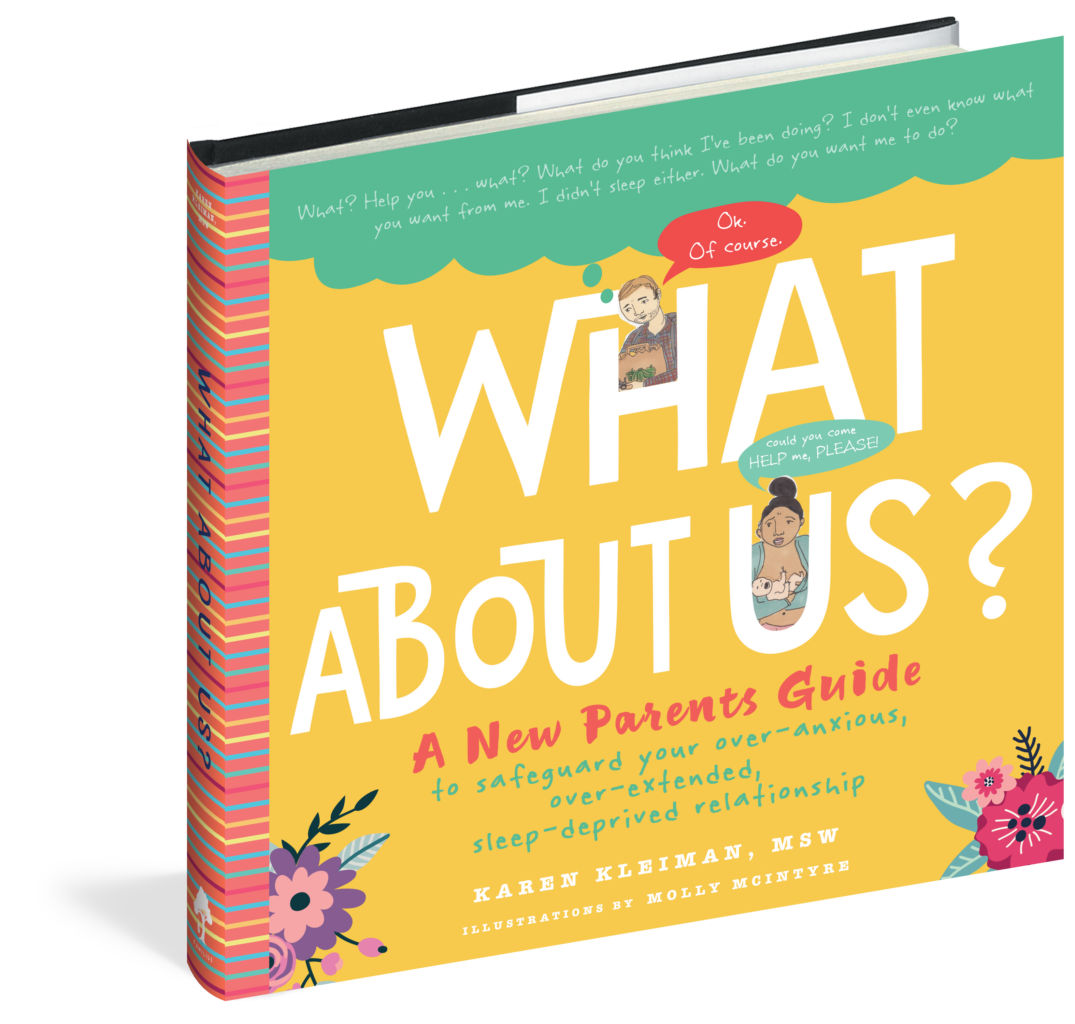
5 Things You Need to Know When Bringing Home a Newborn
Life changes when you bring a newborn home for the first time. Here are five things you need to know for an amazing (and easier) first few months.
Trying something new is scary, and bringing home a living, breathing newborn for the first time adds a whole new level of fear. What do you do when they’re crying? Why won’t they sleep? Am I doing this right?
Unfortunately, newborns aren’t products that come with instructions (or an off button)—you have to figure it out as you go. This makes the first year insanely hard. But fortunately, you can be prepared before bringing a newborn home from the hospital.
Here are a few things you should know that will make it all just a little bit easier:
1. The Three Feet or Higher Rule
Newborns are small and delicate, so safety should be one of your first considerations. If you haven’t already done it, babyproof everything. This includes securing electrical outlets, removing choking hazards, installing safety gates, and ensuring that furniture is stable and anchored.
One of the easiest rules for baby proofing is three feet or higher. Keep everything breakable or dangerous above three feet, and babyproof everything below three feet.
2. Sleep!
Newborns sleep a lot, but new parents don’t. (It will get better, we promise!) Make sure you have your sleeping arrangements figured out beforehand, as well as a place for parents to be while Baby is sleeping. That is to say, not in the same room with you if you can help it.
For parents, you’ll be waking up every five minutes when your baby moves or makes a sound, so creating some distance—within reason—is important. These times will be few and far between, so take it where you can. But be sure to have a baby monitor!
For newborns, it’s important to create a safe sleep environment. The American Academy of Pediatrics recommends placing the baby on their back to sleep, using a firm mattress with a fitted sheet, and avoiding soft bedding, pillows, and stuffed animals in the crib to reduce the risk of Sudden Infant Death Syndrome (SIDS).
If Baby is having trouble sleeping, play some ambient sounds. Waves, white noise, and more will help your newborn not wake up at every little sound, which also helps parents get better sleep!
3. Turn Routines into Habits
The first few months of having a new baby will have no rhyme or reason. That’s just a fact. The easiest way to combat this is to set up routines. Plan out the steps you need to take at bedtime, during diaper changes or feedings, and when the baby wakes up in the morning. You might not always be on schedule, but these routines will be good for your mental health, the newborn’s sense of security, and turning newborn care into a habit. And make sure to keep track of feeding times, diaper changes, and sleep patterns to ensure your baby is healthy and thriving.
4. Ask for Help—Even from the In-Laws
One of the best things you can have during this newborn period is help from loved ones—even your mother-in-law. You’ll be so glad to have her help when you haven’t slept for three nights straight. So don’t hesitate to ask for help and lean on your support system. Whether it’s your partner, family members, friends, or healthcare professionals, having a support network can make the transition smoother. Accept offers of assistance and take breaks when needed to rest and recharge.
5. Guides to All Things Newborn
When you bring home a newborn, you’re going to wish you paid more attention to those baby books. You’ll find yourself with tons of questions that you don’t remember the answers to:
How Long Is Postpartum Recovery?
Postpartum recovery is generally considered 6–8 weeks, but for many women, the timeline can look more like months.
Why Won’t My Baby Stop Crying?
There are way too many reasons to summarize here, but if you’ve tried everything, try cutting dairy out of a nursing mom’s diet. The crying could be caused by gas from lactose intolerance.
Am I Supposed to Feel Like This?
Having a baby comes with turbulent emotions and thoughts, and some of them can be scary. It’s important to address them early on, and the book Good Moms Have Scary Thoughts is the perfect gateway to a healthier motherhood journey.
These are some of the most frequently asked questions, but when you bring your newborn home, you don’t have time to scour every manual for the answers. You’ll want to have some quick, easy options on hand for the days you don’t know what you’re doing.
Of course, the reality of having a newborn is far different from the books. But here are some of our favorite quick reads (with illustrations!) for those precious newborn days. They’ll cover every question you have in a format that’s easy to digest.
The Newborn Care Package

You Got This, Mama!

What About Us?

Dad Mode
Shaelyn Topolovec earned a BA in editing and publishing from BYU, worked on several online publications, and joined the Familius family. Shae is currently an editor and copywriter who lives in California’s Central Valley.
